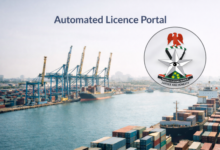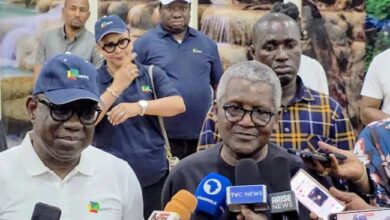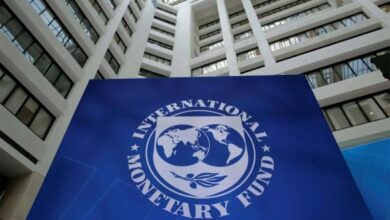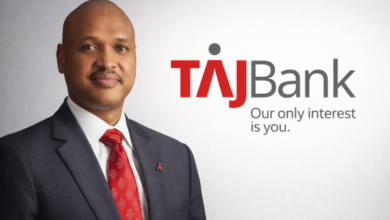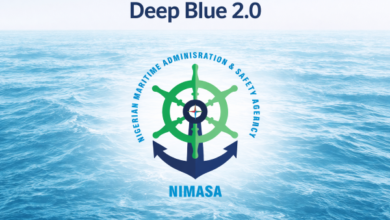UNICEF, Airtel introduce Nigeria Learning Passport (NLP) in Lagos
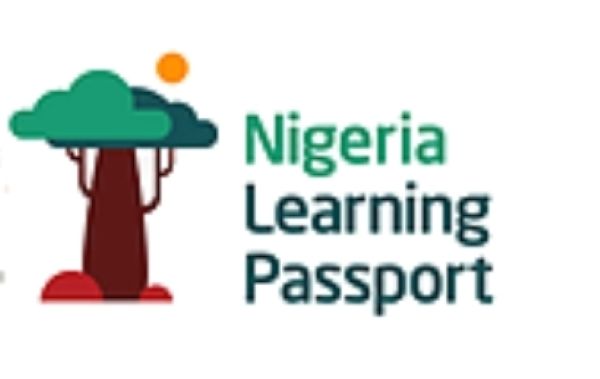 The United Nations Children’s Fund (UNICEF) and Airtel Nigeria have introduced the Nigeria Learning Passport (NLP), a digital learning programme, to a primary school in Lagos State.
The United Nations Children’s Fund (UNICEF) and Airtel Nigeria have introduced the Nigeria Learning Passport (NLP), a digital learning programme, to a primary school in Lagos State.
Chief of UNICEF Lagos Field Office, Celine Lafoucriere, announced this during a joint field trip by Airtel Nigeria and UNICEF to St Agnes Primary School, Maryland, Lagos.
BRANDECONOMY reports that the Federal Ministry of Education partnered with UNICEF to launch the Nigeria Learning Passport (NLP) in 2022.
The platform offers online and offline learning, making it accessible in areas with poor connectivity where children struggle to access quality digital education, tools, and content.
NLP is an online, mobile, and soon-to-be offline platform designed to provide continuous quality education to three million learners in 2022 and 12 million by 2025.
Lafoucriere said the visit allowed Airtel and UNICEF to observe pupils demonstrating their use of the Nigeria Learning Passport in the classroom.
She described the initiative as an opportunity to engage with public primary school pupils and witness their interaction with digital learning tools.
“UNICEF has partnered with Airtel since 2009 to bridge the digital divide and transform Nigeria’s digital education landscape,” Lafoucriere stated.
She added that the Nigeria Learning Passport provides children and young people access to quality, inclusive education, especially in remote and rural areas.
“This initiative ensures that children who would otherwise be excluded from digital learning can now access quality education.
“Since launching two years ago, we have connected 1,260 schools. In 2025, we aim to reach even more, with 1.8 million learners already registered on the NLP,” she explained.
Lafoucriere stressed the importance of internet access for children to minimise disruptions to their education and enhance digital learning opportunities.
She highlighted that the partnership between UNICEF and Airtel is helping to standardise the delivery of quality education across Nigeria.
The UNICEF official acknowledged technical challenges and said the visit aimed to identify and address them effectively.
She noted that her team had observed a strong level of learning among the students, which was encouraging.
Airtel Africa’s Chief Operating Officer, Sunil Kaldar, stated that the initiative has impacted 1,260 schools and benefited 600,000 learners.
“This is an important partnership for us. We are in the third year of our commitment to improving education in Africa, particularly in Nigeria,” he said.
Kaldar praised the children’s digital learning skills and described their progress as impressive.
“Of the 600,000 learners, about 10 per cent are in Lagos. With 40 per cent of Africa’s population under 16, education is crucial for their future,” he added.
He commended the quality of classroom discussions and noted that digital education ensures standardised learning experiences.
The Airtel executive said the company remains committed to expanding the initiative, scaling it up, and making an even greater impact.




